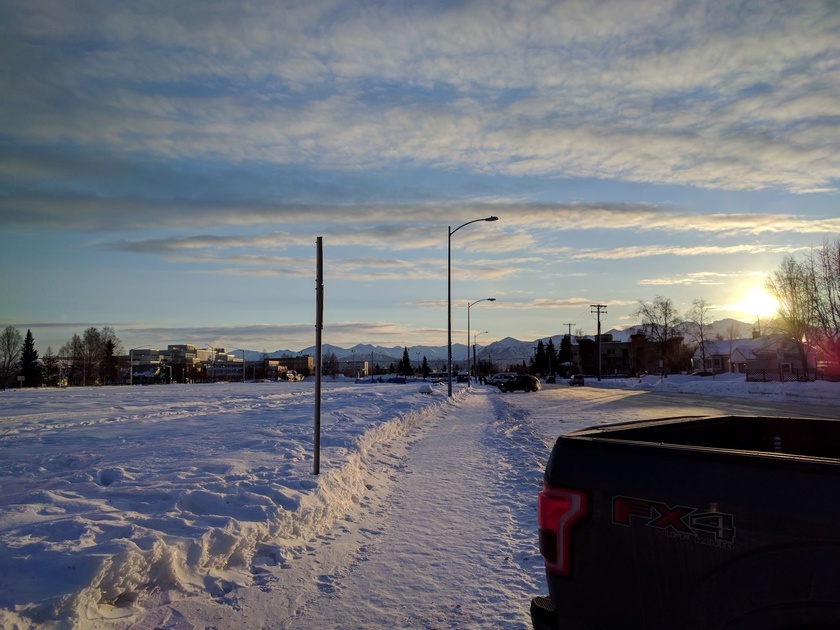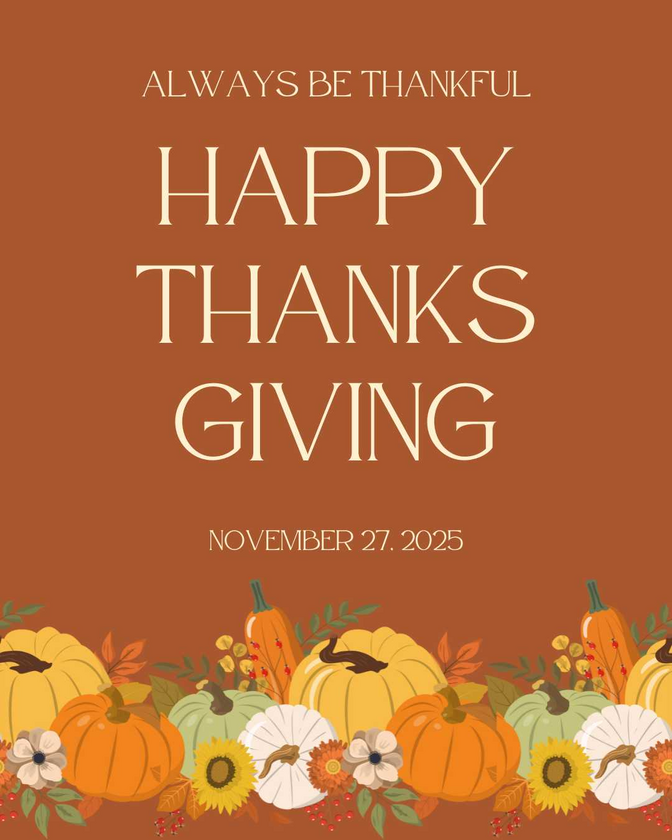No one can care or know more about your body than you do.
The past year has shown how each of us is unique, and that it is a good idea to learn what will promote individual physical and mental health.
We’re building a community of people who are looking for more healing and less need for healthcare.
Vitamin D plays an important role in wellness and wellbeing. There are several ways to get Vitamin D- our systems are designed to get it from the sun, but there are obstacles to that. Northern latitudes in winter, constant use of sun block , and decreased metabolic efficiency after 50 or so interfere with the body's ability to produce sufficient Vitamin D.
You can supplement with Vitamin D, but this needs to be done thoughtfully and with the correct complimentary supplements. The best food source is Wild Alaska Salmon.
Vitamin D is fat soluble- too much is not good, and can be dangerous,so you want to know your vitamin D level. Ask your clinician for an order to have it checked at the lab.
Insurance may not cover it, you can check with different labs, prices can vary alot.
The days are getting longer, but it will be quite awhile before the snow melts. While you are enjoying the winterscape, check on your Vitamin D.
Vitamin D is complicated, and deficiency can be readily addressed, once it is identified. We'll post more about how Vitamin D works in the future.

Thanksgiving Day has so many special aspects that highlight how much we have to be grateful for. You get to pick your focus- family, friends, football, feast, foliage and so much more. It is easy to get swept up in the planning, or to feel sadness if something from the past is no more- Taking a few moments to get quiet, and focus on what is going right can turn that around.













